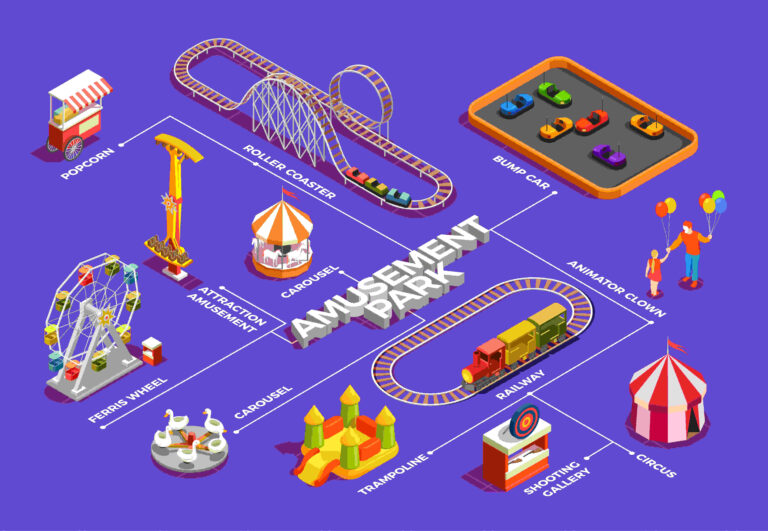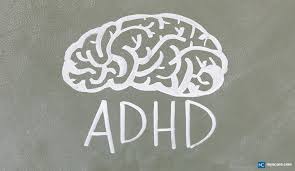Unleashing the power of a modern SEO marketing strategy requires a blend of innovation, adaptability, and strategic execution. Let’s delve into the key elements that define a modern SEO marketing strategy and how you can leverage them to maximize your online presence:
-
User-Centric Approach: Modern SEO strategies prioritize the user experience above all else. Focus on understanding your target audience’s needs, preferences, and search intent. Create valuable, relevant, and engaging content that addresses their queries and provides solutions to their problems.
-
Mobile Optimization: With the majority of internet users accessing content on mobile devices, optimizing your website for mobile is no longer optional—it’s essential. Ensure your website is responsive, loads quickly, and provides a seamless browsing experience across all devices.
-
Voice Search Optimization: The rise of voice search technology has transformed the way people search for information online. Optimize your content for natural language queries and long-tail keywords that align with how users speak when using voice search assistants like Siri, Alexa, and Google Assistant.
-
Featured Snippets and Position Zero: Aim to secure featured snippets, also known as position zero, in search engine results pages (SERPs). Provide concise, well-structured answers to commonly asked questions within your content to increase the likelihood of being featured in these highly visible snippets.
-
Semantic SEO: Modern SEO goes beyond traditional keyword optimization and embraces semantic search principles. Focus on creating comprehensive, semantically-rich content that covers a topic in-depth and provides valuable context to search engines.
-
Technical Excellence: Technical SEO forms the backbone of a modern SEO strategy. Ensure your website is properly crawled and indexed by search engines by addressing technical issues such as site speed, crawl errors, canonicalization, schema markup, and XML sitemaps.
-
Local SEO Optimization: For businesses targeting local audiences, optimizing for local search is paramount. Claim and optimize your Google My Business listing, solicit customer reviews, and ensure consistent NAP (Name, Address, Phone Number) information across online directories.
-
E-A-T (Expertise, Authoritativeness, Trustworthiness): Google places a strong emphasis on E-A-T when evaluating the quality and relevance of content. Demonstrate expertise, authoritativeness, and trustworthiness in your content by showcasing credentials, providing accurate information, and citing reliable sources.
-
Social Signals: While not a direct ranking factor, social signals can influence your website’s visibility and authority. Share your content on social media platforms, encourage engagement and sharing, and foster a community of loyal followers to amplify your brand’s reach and impact.
-
Continuous Monitoring and Adaptation: The digital landscape is constantly evolving, and so should your SEO strategy. Monitor performance metrics, track algorithm updates, and stay abreast of industry trends. Adapt your strategy accordingly and iterate based on insights to maintain a competitive edge.
By incorporating these modern SEO strategies into your marketing approach, you can unlock the full potential of search engine optimization to enhance your online visibility, attract targeted traffic, and achieve sustainable growth for your business.












